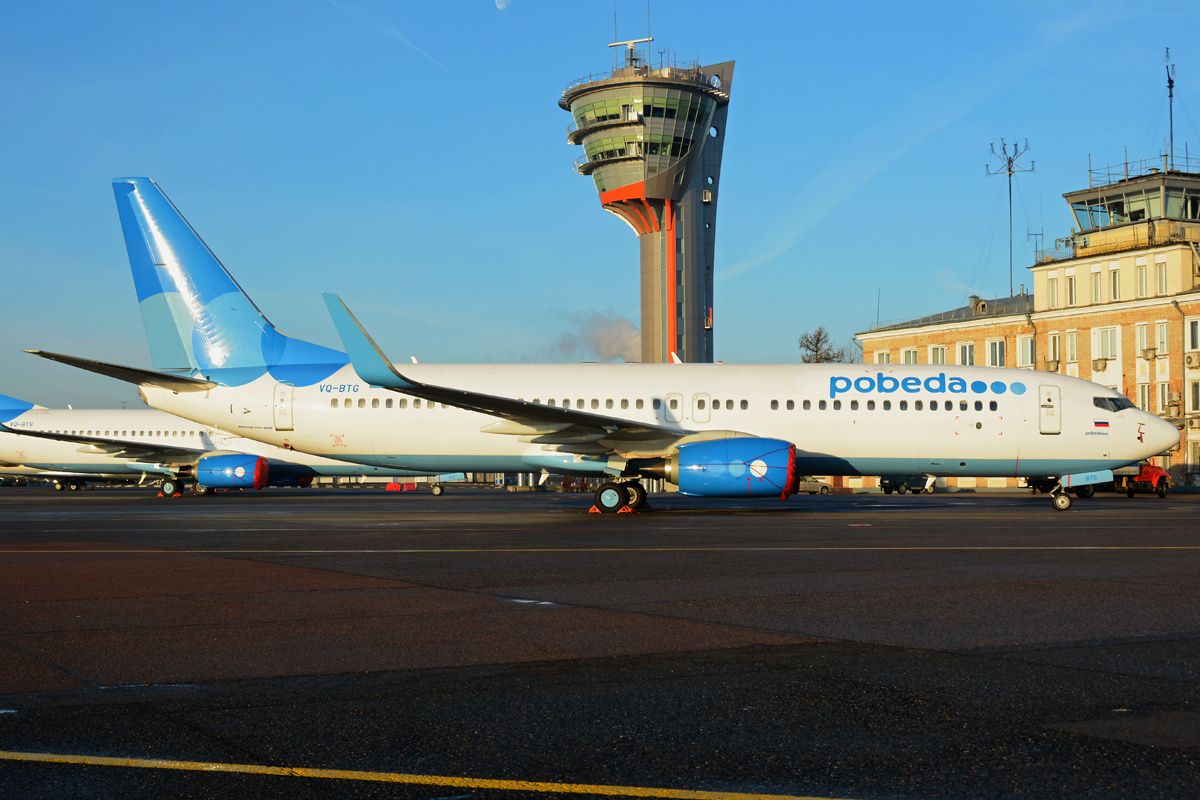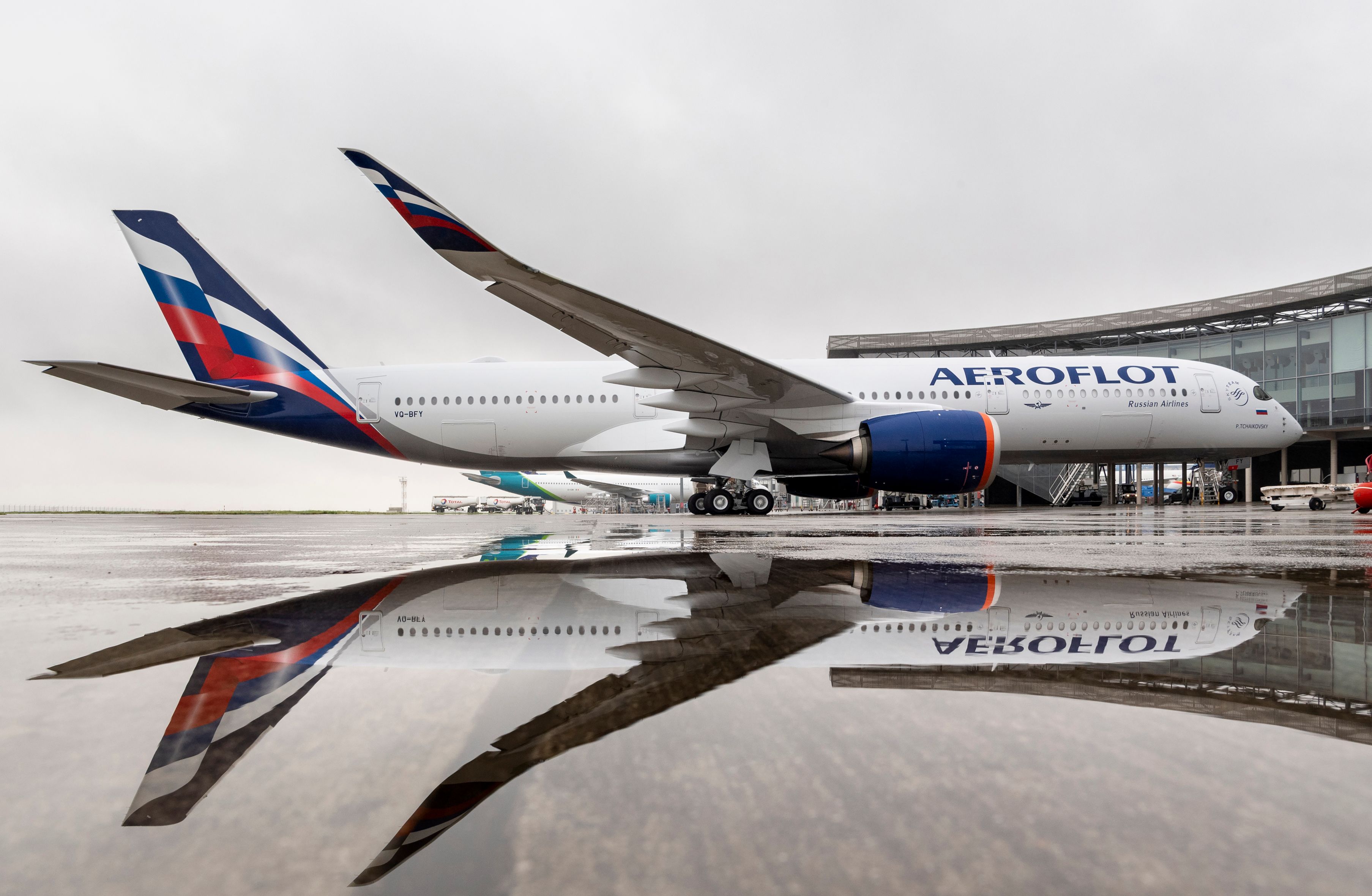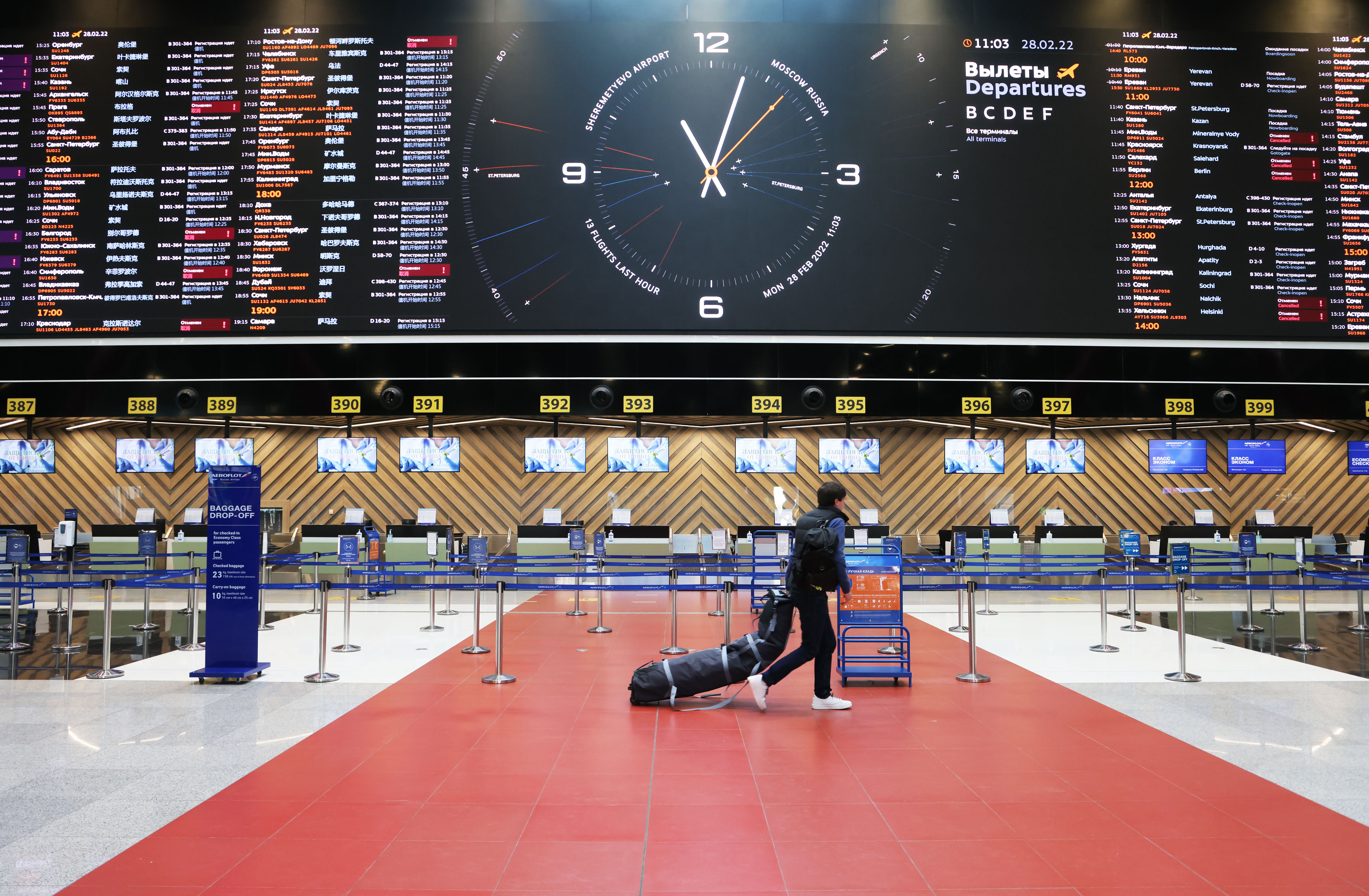As we noted on March 2nd, Irish-owned aircraft on lease in Russia must be recalled by their owners as a result of sanctions against Russia. These lessors have hundreds of aircraft in Russia and are now faced with the enormous task of repossessing the aircraft that they legally own. But in light of airspace bans and a government that is seen by many to have violated international law, how will aircraft owners actually get their jets back?
Just two aircraft repossessed quickly
Sanctions imposed by the West have hit Russia hard. Not only are Russian airlines banned from European, Canadian, and American airspace, but planemakers Airbus, Boeing, and Embraer have halted the supply of parts and aircraft to the country. The situation has also extended into the digital world, with significant airline reservation system Sabre removing the Russian flag carrier's flight content from its global distribution system (GDS).
Sanctions have also meant that major aviation lessors such as AerCap and SMBC Aviation have just 30 days (from February 28th) to get their aircraft out of Russia. Thus, contracts must be terminated by March 28th. As we noted in a previous article, lessors are already working hard on this issue, with one industry insider telling the Irish Times,
"All the lessors have taskforces established within their own businesses, and a lot of them will be trying to get aircraft out of Russia and take them back – because they’ll be grounded for who knows how long."
With very little time to react, lessors did manage to get ahold of a couple of their aircraft. However, use of the term "couple" in this context is literal, as only two jets were confirmed as seized abroad. According to ch-aviation.com, only two aircraft have been confirmed as seized abroad:
- A Pobeda 737-800 (at Istanbul): Registration VQ-BTC, the aircraft is owned by Irish firm Avolon.
- A Nordwind 777-300ER (at México City): Registered VP-BJP, the jet is owned by US firm Aircastle.
Lessors between a rock and a hard place
Lessors are left in an incredibly tough spot with billions of dollars worth of aircraft stuck in Russia. As the New York Times notes, repatriation of leased planes would typically be planned years in advance.
Time is one factor, but political obstacles are much more significant:
- Shielded by Putin's government, Russian airlines may not cooperate
- Reciprocal airspace closures between Russia and the EU, US, and Canada prevent aircraft from flying
It's also noted that, outside of political factors, affected airlines may have swapped out the original engines of leased aircraft for maintenance reasons- adding another technical layer of complexity to the situation.
"The logistics are immense. We are talking hundreds of planes that need to be flown out," IBA aviation specialist Phil Seymour told the New York Times. "Where in the world can they go? Will they play ball? Will there be any edict from above, telling not to cooperate?"
Paul O'Driscoll, a consultant with Ishka, told the Times that Russian airlines would not be obligated to make lease payments or perform maintenance on aircraft once contracts are canceled. "The local airline is absolved of its responsibility... You're really stuck. You have to leave the metal there."
 Nationalized by Russia?
Nationalized by Russia?
By now, it should be quite clear that there is a very real chance of aircraft being stuck in Russia with little chance of aircraft recovery (at least in the short term). ch-aviation notes that Russian airlines were reportedly told that the state could only protect the flag carrier (Aeroflot). Privately-owned carriers, on the other hand, were told to negotiate directly with lessors, perhaps searching for ways to stall repossession.
Stay informed: Sign up for our daily and weekly aviation news digests.
Speaking with FrequentFlyers.ru, a source at Aeroflot, hints that the Russian government may not even be able to "buy out" the airline's leased jets, noting that financial sanctions and the freezing of Russian currency reserves abroad would prevent the government from performing such deals. As a result, it has been suggested that aircraft would be nationalized without any compensation to aircraft owners.
All of this would theoretically just "go away" if the conflict in Ukraine could be resolved diplomatically. However, at the time of this article's publication, it seems like we are very far away from such a development taking place.
Do you think the affected leased aircraft in Russia are "gone for good"? Or do you think there will be a way to repossess these jets? Let us know by leaving a comment.


.jpeg)
